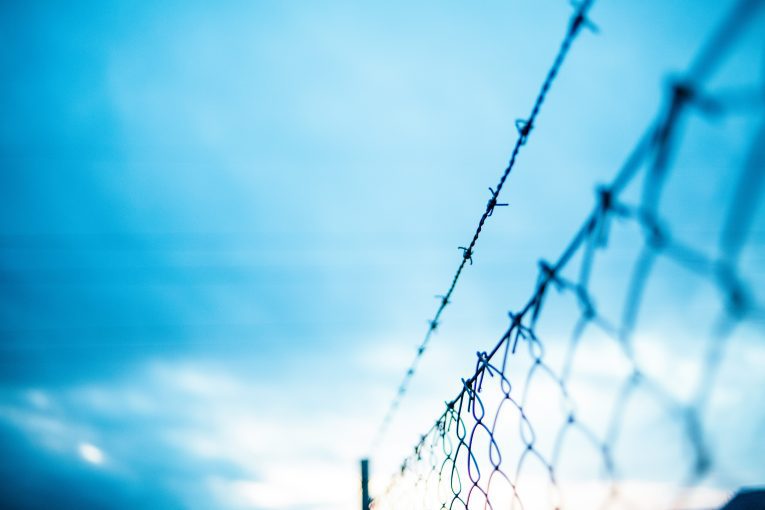Last November, California voters rejected Proposition 6, the “End Slavery in California Act,” which would have ended forced labor in state prisons among incarcerated individuals like myself. The proposition would have also prohibited the California Department of Corrections from disciplining incarcerated individuals for refusing work assignments forced upon them.
Despite existing within prison walls for over 30 years and witnessing how well law and order rhetoric, media hype and political fear mongering regarding the pervasiveness of crime sells mass incarceration to society—somehow, I was still hopeful Prop. 6 would pass.
Those of us inside understand we can’t expect much (prison jobs pay pennies an hour), but the fact that slavery remains intact within prison walls adds a dehumanizing, demeaning and oppressive quality to an existence that is already rife with degradation. A prison term hangs over a person like a perpetual dark cloud of despair, rarely allowing the warmth of the sun to shine through.
Yes, we earned our way in here; we deserve to pay our debts to society and to suffer the consequences of our criminality. If forced to work to avoid penalties that include loss of privileges or a longer prison term, we work.
As a paraplegic inmate, I have been assigned to hand out checkers and Uno cards in Level 4 daytime recreation areas—housing high-risk inmates—fully exposed to the violence and treachery of prison life. I have been assigned as a building porter, sweeping and mopping from a wheelchair. I worked split shifts wiping tables in the chow hall—a nearly impossible and certainly implausible situation. Before I was handicapped, I had administrative jobs that earned top pay: around $36 a month.
Journalism inside prison walls:
To work my way out of the most despicable prison jobs, I began producing a cell-published newsletter. I sold ads, a network formed and the paper turned into book writing and publishing opportunities. Subsequently, along with other like-minded inmates, we were able to found the Mule Creek Post, an administration-sanctioned newspaper that promotes education and rehabilitation, and allows a few of us assigned, paid jobs. We earn around $28 a month.
Thanks to the Pollen Initiative, an organization that promotes prison journalism, an opportunity with Empowerment Avenue to do social justice reporting—which affects this country’s 1.2 million incarcerated individuals—transpired. I also report for Vanguard Incarcerated Press, an abolitionist paper. Freedom of speech and freedom of the press, although resisted and restrained, does sometimes survive incarceration.
Reporting on social justice issues, I don’t have to look too far for stories. The fact that forced servitude, systemic racism and race-class stratification persists in prison is a reflection of how disenfranchised, disproportionately-affected minorities and their communications are treated and seen in this country. Witnessing and experiencing the ugliness and all-pervading unfairness first-hand is soul-chilling.
Election Night:
Heading into Election Night, there was an electricity in the air around Mule Creek State Prison. Here was a chance to move away from a past of race and class inequity and toward ideals that embrace inclusiveness, fairness, diversity and humanity. As the evening progressed and the electoral map bled red over blue however, reality set in.
Not only is America not ready for a woman president, even here in liberal California, voters decided that slavery in the state’s prisons is still acceptable.
In reality, the success of Prop. 6 wouldn’t have meant much to those on the outside—nothing more than a few words omitted from the state’s constitution. On the inside, however, it would have meant that the Department of Corrections would have had to reassess the status quo.
Ultimately, the proposition’s failure signals something far deeper and more meaningful to those it affects most: It signals a defeat of hope in a chance for higher ideals and humanity to prevail. And it also warns that those dark clouds hanging around us and looming on the horizon foretell more storms to come.
- Razor Babb is incarcerated at Mule Creek State Prison and serves as a member of the Vanguard Incarcerated Press editorial board.

“witnessing how well law and order rhetoric, media hype and political fear mongering regarding the pervasiveness of crime sells mass incarceration to society”
And here I thought it was the crime, not the media hype. Silly me.